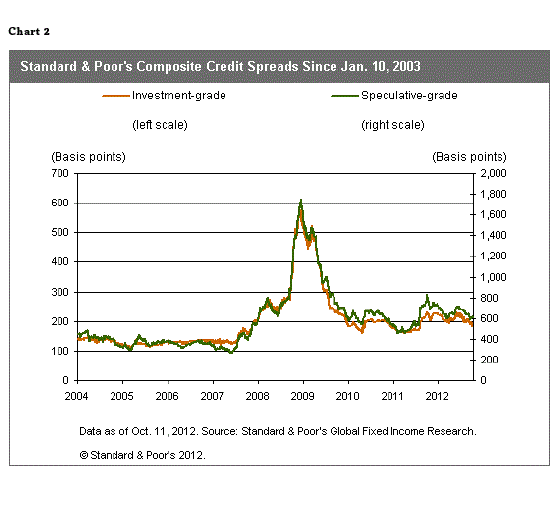Has a drop in China’s Purchasing Managers’ Index (PMI) been hurt by the European Union’s recession, or has the EU recession been hurt by a drop in exports to China? No one knows, but purchasing activity in both areas has been badly damaged. Few nations around the world have escaped the trend, except maybe the United States. And that in and of itself is a sign the global economy is in the midst of what could be a very sharp slowing or even contraction. It may not be 2007 all over again, but the situation could be close.
The carefully followed HSBC services PMI for China dropped to 51.1 in April, down from 54.3 in March. A level below 50 represents a contraction. Several media outlets pointed out that China’s PMI in April was a 20-month low. China and its regional governments have been accused of padding numbers in the past, so the manufacturing economy in the People’s Republic could have hit a period when production is shrinking.
The figures out of Europe were worse, particularly because the mighty economy of Germany is in trouble. According to the Markit Eurozone Composite PMI:
At 46.9 in April, up from March’s four-month low of 46.5, the final Markit Eurozone PMI Composite Output Index was slightly above its earlier flash estimate of 46.5.
Overall output has now declined throughout the past 15 months, although the easing in the rate of
decline signalled by the headline index was the first since January. Eurozone manufacturing production and service sector business activity both contracted at similarly marked rates in April.Output contracted across the four largest euro nations. Ongoing steep downturns were signalled in Spain, France and Italy, although rates of decline eased in the latter two. Germany also slipped back into contraction for the first time since November 2012, with renewed declines signalled by manufacturers and service providers alike. Growth strengthened in Ireland, as a solid upturn in the service sector offset weakness at manufacturers.
Analysts probably expected the trouble in France, Italy and Spain. However, German activity finally has become eroded, by the slack economies of its neighbors and perhaps due to sluggishness of demand in its large trade partners — the United States, China and Japan.
If there is any hope that Germany’s situation might improve, it is the United States, where the economy has shown a level of strength for the past several months. Some experts expected federal government spending and higher tax rates might hammer an American recovery. There are some modest signs that is true, but the threats have not destroyed the American recovery, though they could still cripple it.
If PMI is a fair barometer of overall trends in gross domestic product, then the trouble has spread worldwide.
It’s Your Money, Your Future—Own It (sponsor)
Are you ahead, or behind on retirement? For families with more than $500,000 saved for retirement, finding a financial advisor who puts your interest first can be the difference, and today it’s easier than ever. SmartAsset’s free tool matches you with up to three fiduciary financial advisors who serve your area in minutes. Each advisor has been carefully vetted and must act in your best interests. Start your search now.
If you’ve saved and built a substantial nest egg for you and your family, don’t delay; get started right here and help your retirement dreams become a retirement reality.
Thank you for reading! Have some feedback for us?
Contact the 24/7 Wall St. editorial team.





